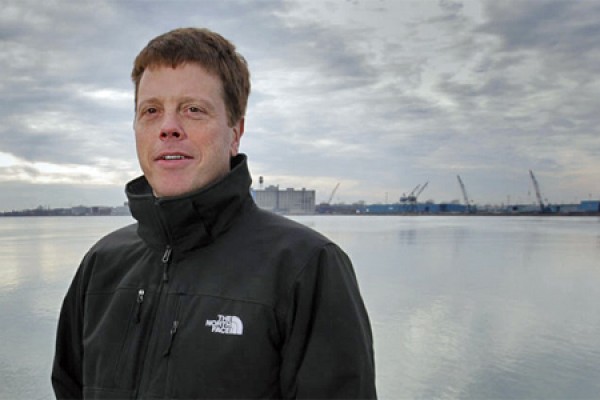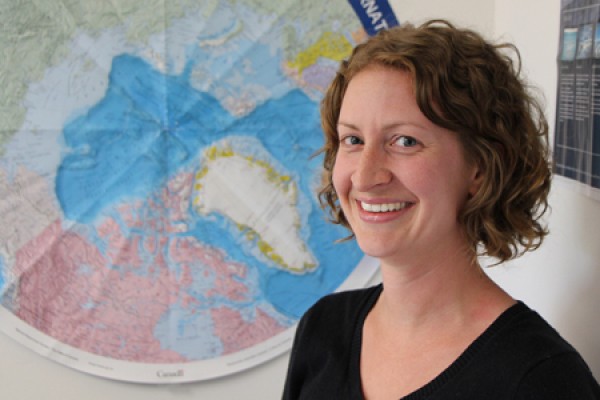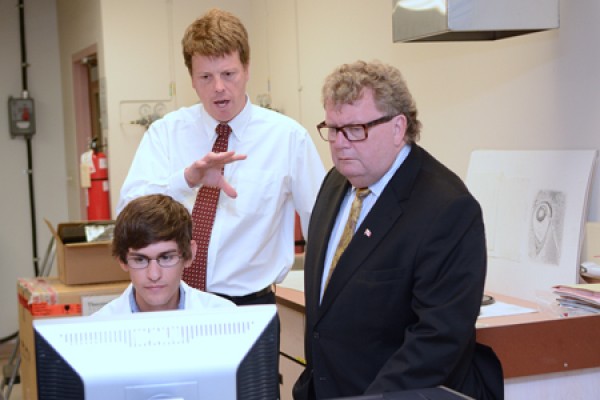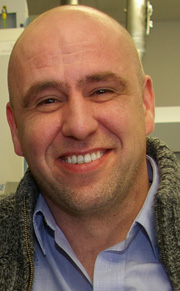 Professor Aaron Fisk has been named a 2015 Pew Marine Fellow to support his work to develop an Arctic fisheries research program.
Professor Aaron Fisk has been named a 2015 Pew Marine Fellow to support his work to develop an Arctic fisheries research program.
Professor Aaron Fisk has been named a 2015 Pew Marine Fellow to support his work to develop an Arctic fisheries research program.







 it’s real and at this point it may be irreversible, he believes.
it’s real and at this point it may be irreversible, he believes.